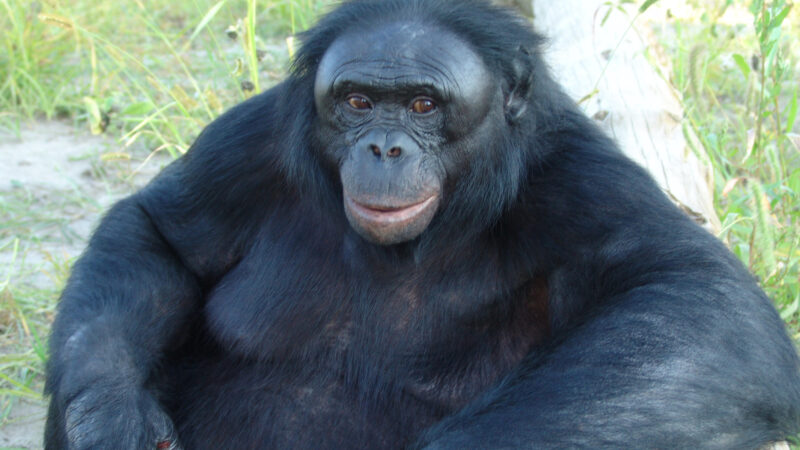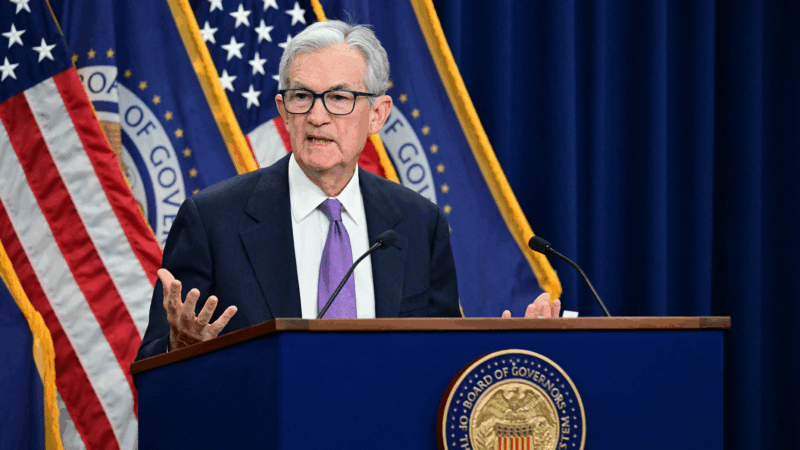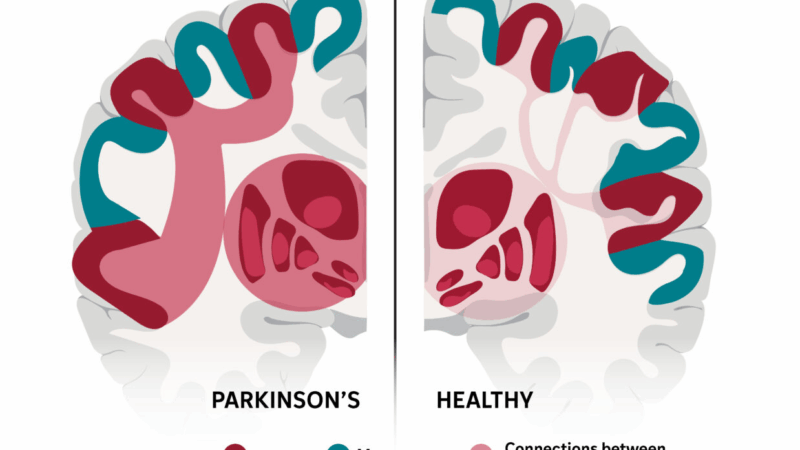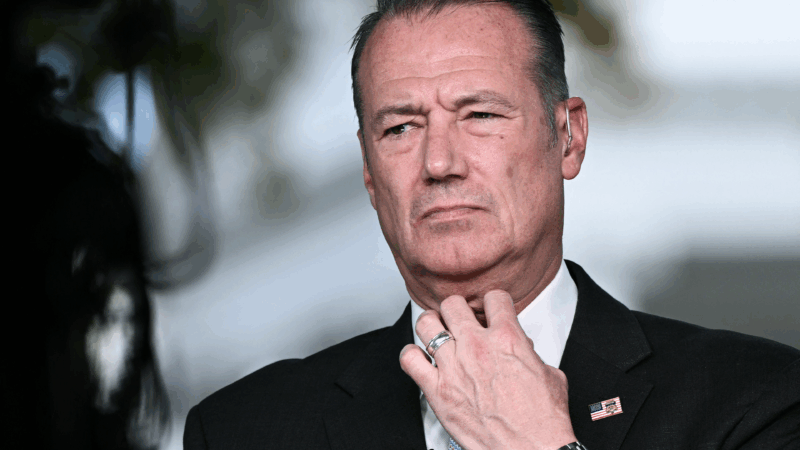Dear Life Kit: My friend says ugly things about her body and it makes me anxious
Dear Life Kit is NPR’s advice column, where experts answer tricky questions about relationships, social etiquette, work culture and more.
Have a question you want to ask Dear Life Kit anonymously? Share it here. For our next episode, we’re looking for your queries on doubt and decision-making in relationships.
These questions were answered by Ronald Young Jr., host of the podcast Weight for It, and Katie Sturino, author of Body Talk: How to Embrace Your Body and Start Living Your Best Life. The conversation has been edited for length and clarity.

Dear Life Kit,
A good friend of mine often makes disparaging comments about her appearance, saying she feels “fat” or “gross.” I think she looks great, but whenever I try to reassure her, she dismisses me.
Her commentary is starting to make me feel anxious about my own appearance. How can I tell her I don’t want to hear her talk like this? —Not negative Nancy
Sturino: There are a couple of ways you can handle this.
First, ask yourself: Is this a friendship I need in my life? If not, maybe it’s a weed you need to pull and move on from to protect yourself.
The second approach is to offer an attempt to go on a positive journey together. You might say, “Hey, friend, I don’t like the way you talk about my friend. Would you ever want to try some affirmations together?” See how she reacts to that.
Young: You can also say, “When you start talking about being fat, it puts us both in a place where I don’t know how I’m supposed to help. What is it going to take for us to boost your confidence and how can I be there to support you?”
If she doesn’t respond to that, then I would say to distance. That doesn’t mean abandonment or neglect. It just means, “If you’re going to be over there doing that, I’m going to be over here rooting for you. But I can’t be in it with you.”
Dear Life Kit,
My brother-in-law likes to call people by “funny” names. His name for me blends my name with the word “anorexia,” even though I’ve never been underweight or experienced disordered eating. I’ve asked him to stop. His response: “Can’t you take a joke?”
Recently, my sister baked a cake and offered me a slice, which I accepted eagerly. My brother-in-law leaned over to me and said, “You don’t want to eat that. You’ll just have to stick your finger down your throat later.”
My daughters, who are 13 and 11, looked shocked and confused, but no one else in my family reacted. Now my kids don’t want to attend events if he’ll be there.
I’m torn between wanting to participate in family events and not wanting to subject myself and my daughters to this kind of teasing and my family’s normalization of the behavior. What can I do? —Bullied by brother-in-law.
Sturino: This type of comment from your brother-in-law is an indicator of what your sister might be dealing with behind closed doors. That’s not something you can force a friend, a family member or anyone in your life to realize.
But you can make choices for yourself. I love that you talked to your kids about it. And I love that your kids were like, “I don’t want to be around this.”
I would talk directly to your brother-in-law because your sister might have to side with her spouse to maintain peace in the home.
Young: If we’re leaving the sister out of this completely, then I’d go straight to the bully and say, “Stop doing this. If you do, I’m going to call it out every time and make it awkward for everyone. I shouldn’t have to be the one to quit going to family events because of someone else’s poor behavior.”
Dear Life Kit,
My partner and I have both been on GLP-1 (glucagon-like peptide-1), weight loss medications, for about eight months. She’s losing weight so much faster than me, and it’s hard not to compare my body to hers. How can I manage my jealousy while still celebrating the changes in her own body? —Competitive companion
Young: The couple needs to reassess their goals. The weight loss cannot just be about a number, or aesthetics, or what you look like in your clothes. It has to be about something else. Maybe it’s a walking goal. Maybe it’s a marathon.
For instance, if she is now able to climb the stairs without being out of breath or go on long walks and hikes, we have something to actually celebrate.
Anyone who has lost a massive amount of weight, that is not your biggest accomplishment in life. There are other things you’ve done that I will be prouder of you for than losing weight.
The digital story was edited by Malaka Gharib. The visual editor is Beck Harlan. We’d love to hear from you. Leave us a voicemail at 202-216-9823, or email us at [email protected].
Listen to Life Kit on Apple Podcasts and Spotify, and sign up for our newsletter.
An ape, a tea party — and the ability to imagine
The ability to imagine — to play pretend — has long been thought to be unique to humans. A new study suggests one of our closest living relatives can do it too.
How much power does the Fed chair really have?
On paper, the Fed chair is just one vote among many. In practice, the job carries far more influence. We analyze what gives the Fed chair power.
‘Please inform your friends’: The quest to make weather warnings universal
People in poor countries often get little or no warning about floods, storms and other deadly weather. Local efforts are changing that, and saving lives.
This complex brain network may explain many of Parkinson’s stranger symptoms
Parkinson's disease appears to disrupt a brain network involved in everything from movement to memory.
How the use of AI and ‘deepfakes’ play a role in the search for Nancy Guthrie
As artificial intelligence becomes more advanced and commonplace, it can be difficult to know what's real and what's not, which has complicated the search for Nancy Guthrie, according to law enforcement. But just how difficult is it?
Immigration officials to testify before House as DHS funding deadline approaches
Congressional Democrats have a list of demands to reform Immigration and Customs Enforcement. But tensions between the two parties are high and the timeline is short – the stopgap bill funding DHS runs out Friday.







